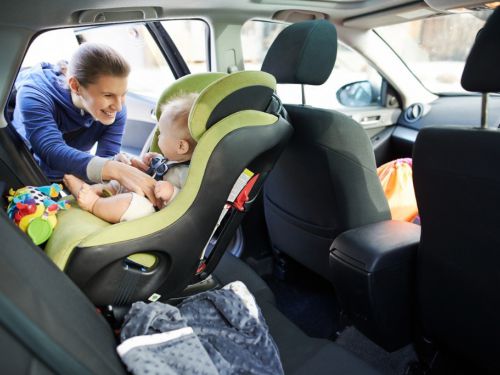Choosing a new car is a big commitment. It’s likely that you’ll have to stick with your choice for a few years, depending on the length of your car lease, therefore, you want to make the right decision first time round and fall in love with your new vehicle.
If you’re unsure where to start, we’ve written this guide that tells you exactly what features you should look for depending on what you want to use the car for.

How to choose your next car
Think about what you’ll be using it for
Your new car should be functional, so you should have a think about what you’ll be using it for.
If you spend lots of time ferrying the kids around from one activity to another, you’ll likely need a spacious vehicle with lots of room in the boot for all their bags and equipment. However, if you only drive for short distances and there’s never more than two people in the car, you might choose a small city car. You may need a 4×4 if you frequently drive on country roads that are hilly or rough. Making this decision now could also have an impact on the type of fuel you want to use.
Consider economy/fuel usage
Once you’ve thought about how you use your vehicle, you’ll need to decide which fuel is right for you. Petrol tends to be better for people driving short distances, whereas diesel might be better if you frequently travel long distances, for example, if you have to travel all over the country for business.
If you wanted to go green, you might consider a hybrid or electric vehicle, but again, consider how this might impact you if you do a lot of miles.
Budget
Budget is arguably one of the most important considerations when it comes to leasing a new vehicle – you don’t want to pick a car and then realise that you can’t afford the monthly rental cost. And it’s not just the price of the vehicle itself that you need to think about. There are extras that you’re required to pay, including Vehicle Excise Duty (VED), car insurance and fuel to make your car run.
If you choose a zero-emission electric vehicle, you’ll pay no VED, saving you a bit of money, whereas a fossil fuel engine will cost around £140 per year. Your insurance will also cost more per year if the vehicle has a large engine or if you’re doing lots of miles. Therefore, if you’re a young driver who’s doing lots of mileage, for example, you might benefit from choosing a car with a small engine, such as a 1.2 or 1.4 litre, to save money on your insurance premium.
Luxury extras
Are there any extras that you’ve always wanted in a car and never had before? These could include automatic start/stop technology, keyless entry, air conditioning, heated seats, a built-in sat nav or an excellent sound system. When you’re choosing a car, you may have the option to upgrade so that some of these things are included.
Go for a test drive
Taking a car for a test drive is important to make sure that all the decisions you’ve made so far are the right ones. Before taking the car out, you should adjust your mirrors so they’re all in the correct position, as well as your seat. You want to make sure that the car is comfortable to drive and if you aren’t positioned correctly, you might not get the true feel for it. During the drive, don’t be afraid to ask if you can use the radio and sound system, test the sat nav (if there is one) and try out the heated seats.
Which type of car is more efficient, petrol or electric?
If efficiency is at the top of your list of priorities, you may be wondering what type of fuel is most efficient between petrol and electricity.
According to British Gas, a modern electric vehicle would cost around £4 in fuel per 100 miles. To drive the same distance in a petrol vehicle, it would cost around £14. This is a 71 per cent difference in fuel costs. Although many people argue that your electricity bill will increase significantly, this would be offset by the decrease in your fuel costs.
